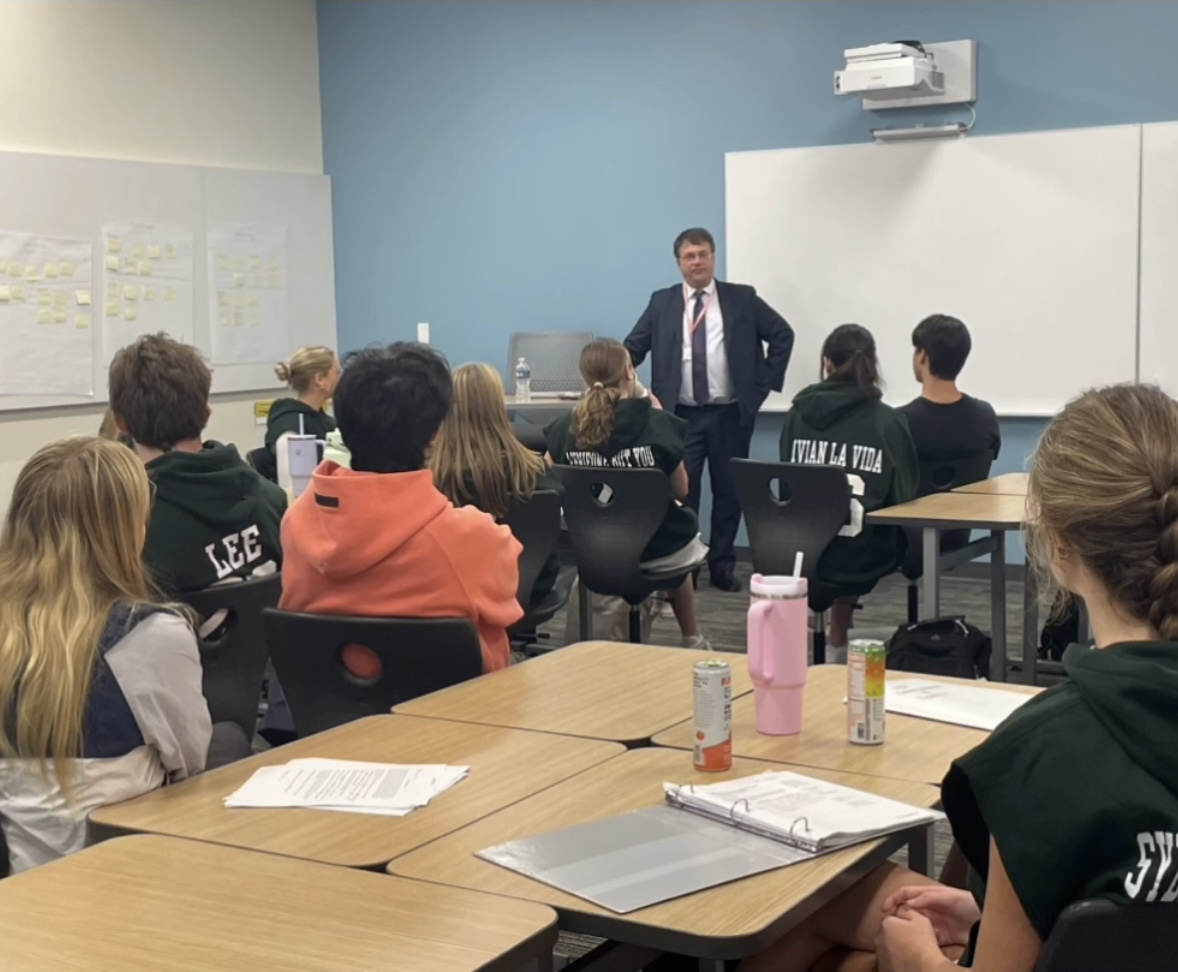Coach Spagnoli to retire after 32 years
After three decades, the New Trier track and football coach will move on
Bob Spagnoli, head girls track coach and assistant varsity football coach, will be retiring at the end of this year. He is retiring after 32 years at New Trier.
Spagnoli began his career as a football coach at Notre Dame High School in Niles, Illinois. After one year of head coaching experience, he came to New Trier before becoming a chair of girls track.
“Going from coaching boys in the fall to girls in the spring was just a perfect complement. And I really enjoyed working with the female athletes as much as I enjoyed working with the male athletes in the fall,” said Spagnoli.
According to assistant coach Jaime Klotz, Spagnoli has made a longtime impact on his athletes and assistant coaches throughout the years.
“He’s been coaching for over 35 years, 32 of them as the head track coach. So when you think about that, that’s a long time and in that time he has been a mentor to people,” said Klotz.
Track athletes, such as senior Abby Ryan, appreciate Spagnoli’s sense of humor.
“He has a peculiar humor but he always makes everything orderly. He always addresses everyone. He’s kind of a firm person you can rely on and go to if you need anything,” said Ryan.
Spagnoli also lets his athletes know he is thinking of their well being.
“He repeats multiple times throughout the year in our team huddles that he makes all his decisions for the better of the team and always is thinking of his athletes and their well being,” said Ryan.
Klotz appreciates how Spagnoli gives everyone honest feedback.
“Once he has a starting point to work with an athlete, no matter where they are, athletically, whether they’re the most gifted athlete that we’ve ever had, or the not as gifted athlete. Once he starts at that point, he gives everybody the same energy,” he said.
Spagnoli’s assistant coaches also appreciate the passion he brings to coaching. They value his passion and impact on the school, which comes through in his work.
“Whether it’s organizing the team, whether it is going to a competition, you know, or whether it’s putting together the end of the year, it’s uncompromising excellence. That’s what we strive for,” Klotz said. “When you have uncompromising excellence everybody else has to raise their game to get better as a coach, and I think he’s been a steward of the New Trier way. He certainly has been one of the strong columns that holds up the school in many ways.”
Spagnoli is additionally known for his devoted commitment to girls track.
“He lives track from the first day to the state meet every year…There’s never a year where he doesn’t take it seriously. He is always fully committed. I think I’ll remember those moments with individual kids where kids have needed something or the team has. He really is great in those moments,” Burnside said.
Spagnoli said watching students progress through the track program is the most rewarding part of the job. He enjoys helping students strive for their personal best.
“You find an athlete was an incoming freshman who maybe doesn’t know what event or doesn’t know what skill they have. Watching that athlete develop and learn about a skill that she may not know that she had, and really prosper in that skill— and when I say prosper, I don’t mean always being a conference champion or a state champion or a school record holder—I mean, something as simple as just getting personal best,” he said.
“Whether it’s running, whether it’s jumping, whether it’s throwing, you know, for somebody to just strive to do the personal best, is probably the most satisfying thing for me.”
He admires the quality of being a good teammate in his athletes as well.
“In my opinion, you could be a really good athlete, and sometimes really good athletes aren’t the best teammates. But to be a tremendous athlete, a tremendous student and a tremendous teammate. When you put all those things together that’s really impressive,” he said.
The longtime coach values his athletes’ commitment to track amongst other priorities and their communication.
“We asked them to commit six days a week and the vast majority of them do at an extremely high level. I don’t sometimes know how kids have the time to balance everything they do… they learn how to communicate and how to make it work. And it’s a life lesson. You know, adults can’t always make everything work, and adults have to communicate. So it really is a life skill.”








































